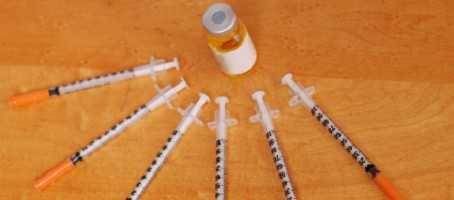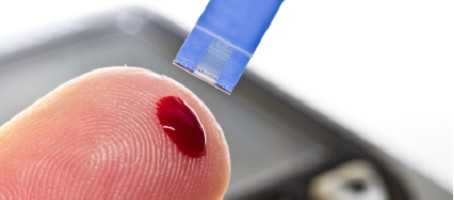A pioneering technique which could significantly reduce the number of times people dependent on insulin need to inject is undergoing development.
The technique involves an initial injection but does not require multiple injections per day and could be therefore particularly beneficial for those with diabetes on a basal-bolus insulin regimen. Many people with type 1 diabetes need to inject 4 or more times per day and this can also be the case for people with type 2 diabetes that are dependent on regular insulin injections.
The initial injection involves delivering nanoparticles of polylactic-co-glycolic acid (PLGA) filled with insulin. The nanoparticles keep the insulin from being absorbed into the blood until they are activated. The activation comes from an ultrasound device which activates a dose of insulin to be released from the reservoir of nanoparticles.
This means that when a dose of insulin is needed, rather than taking an injectio, instead, an ultrasound message is given using a portable device. One all the insulin supplied by the initial injection has been used by the body another injection would then need to be given.
The research is currently at a laboratory stage with tests having been conducted only on mice. In these experiments, the diabetic mice were able to maintain blood glucose control for 10 days before a further injection of nanoparticles was required.
The research teams from the University of North Carolina at Chapel Hill and North Carolina State University are pleased with the results and are keen to further develop the technique which could see a significant reduction in number of injections for a large number of people with diabetes, especially those with type 1 diabetes.
What's new on the forum? ⭐️
Get our free newsletters
Stay up to date with the latest news, research and breakthroughs.




